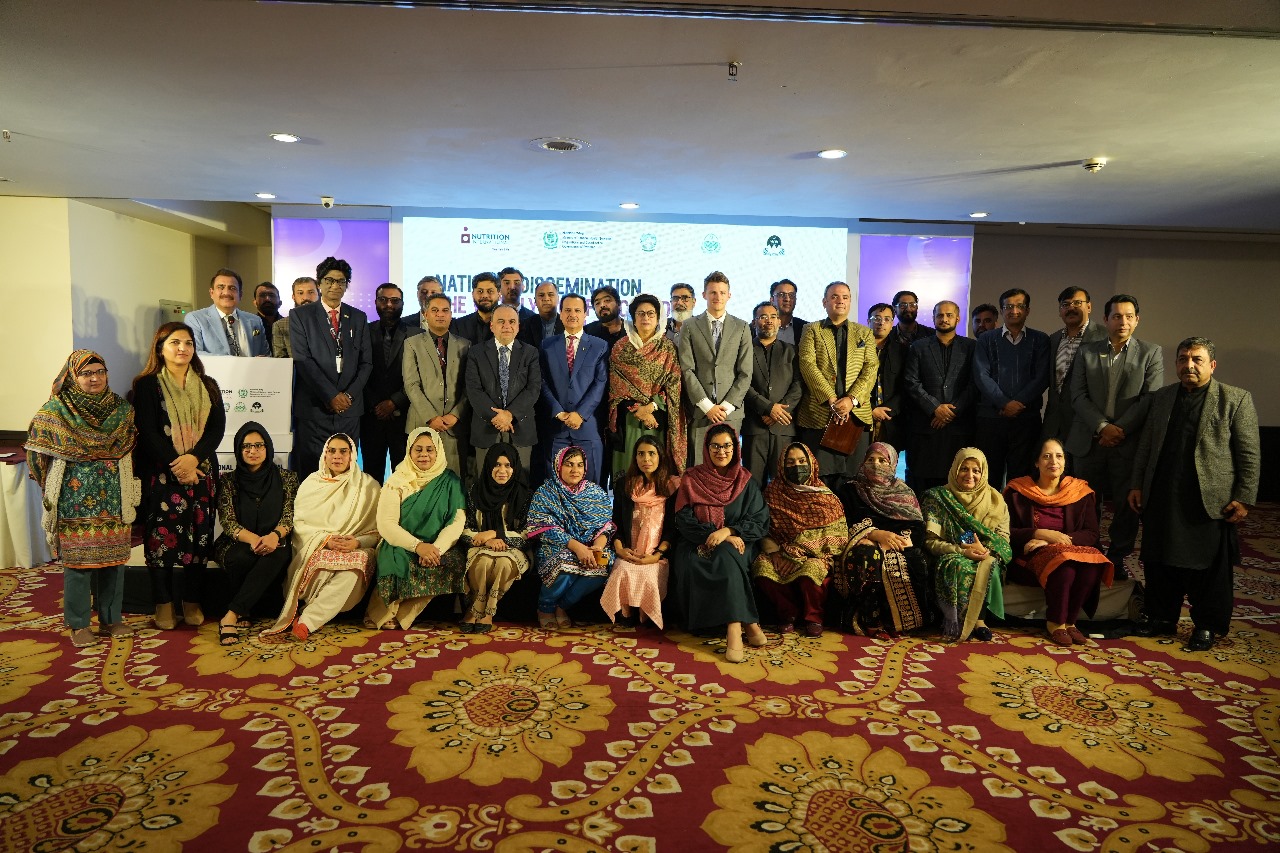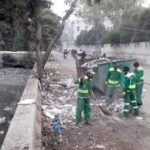ISLAMABAD, Dec 19 (APP): The pilot project of weekly Iron Folic Acid Supplementation (WIFAS) has benefited over 5,000 in-school adolescent girls for anaemia’s reduction.
The project was jointly started by the Federal and Punjab governments and Nutrition International (NI).
The pilot project reached adolescent girls with the recommended scheme of WIFAS and enhanced their knowledge about nutrition and iron deficiency anaemia.
Under the project, Nutrition International joined hands with the Nutrition Wing of Ministry of National Health Services Regulations and Coordination, Integrated Reproductive Maternal Newborn, Child Health and Nutrition Program Punjab and Lodhran district’s health and education authorities to pilot this program in 50 public sector schools.
As per the findings of the National Nutrition Survey 2018, 54.7 percent of the country’s adolescent girls are anaemic, with a higher prevalence in rural areas (56 percent) than urban areas (53 percent).
The consequences of outcomes due to anemia and malnutrition can lead to diminished human capital and academic potential.
The government of Pakistan has developed the Pakistan Adolescent Nutrition Strategy and Operational Plan 2020-25 that includes WIFAS, however, there was a need to develop an implementation model for delivering the program in practical settings.
Continuing its mandate of providing technical assistance on nutrition to the government, Nutrition International initiated the WIFAS pilot project in Lodhran district of Punjab.
The project was implemented in collaboration with the District Health Authority and District Education Authority, Lodhran along with technical oversight and leadership from the Nutrition Wing, Primary and Secondary Health Care Department of the Government of Punjab.
Besides the provision of WIFAS, the project also focused to improve knowledge and practices of adolescent girls and their immediate influencers concerning iron deficiency anaemia through capacity building of education and health staff.
Girls constitute 48 percent of the total adolescent population in Pakistan and half of them are anaemic.
The project was successful in improving nutrition outcomes of adolescent girls in the project area, through behavior change communication and enhanced their knowledge about anaemia and its prevention.
Building on the successful pilot, Nutrition International has expanded the program to two new districts – Swabi in Khyber Pakhtunkhwa and Pishin in Balochistan.
In its new phase in 2022-2025, the project will reach at least 60,000 adolescent girls with WIFAS and appropriate education about anaemia.







